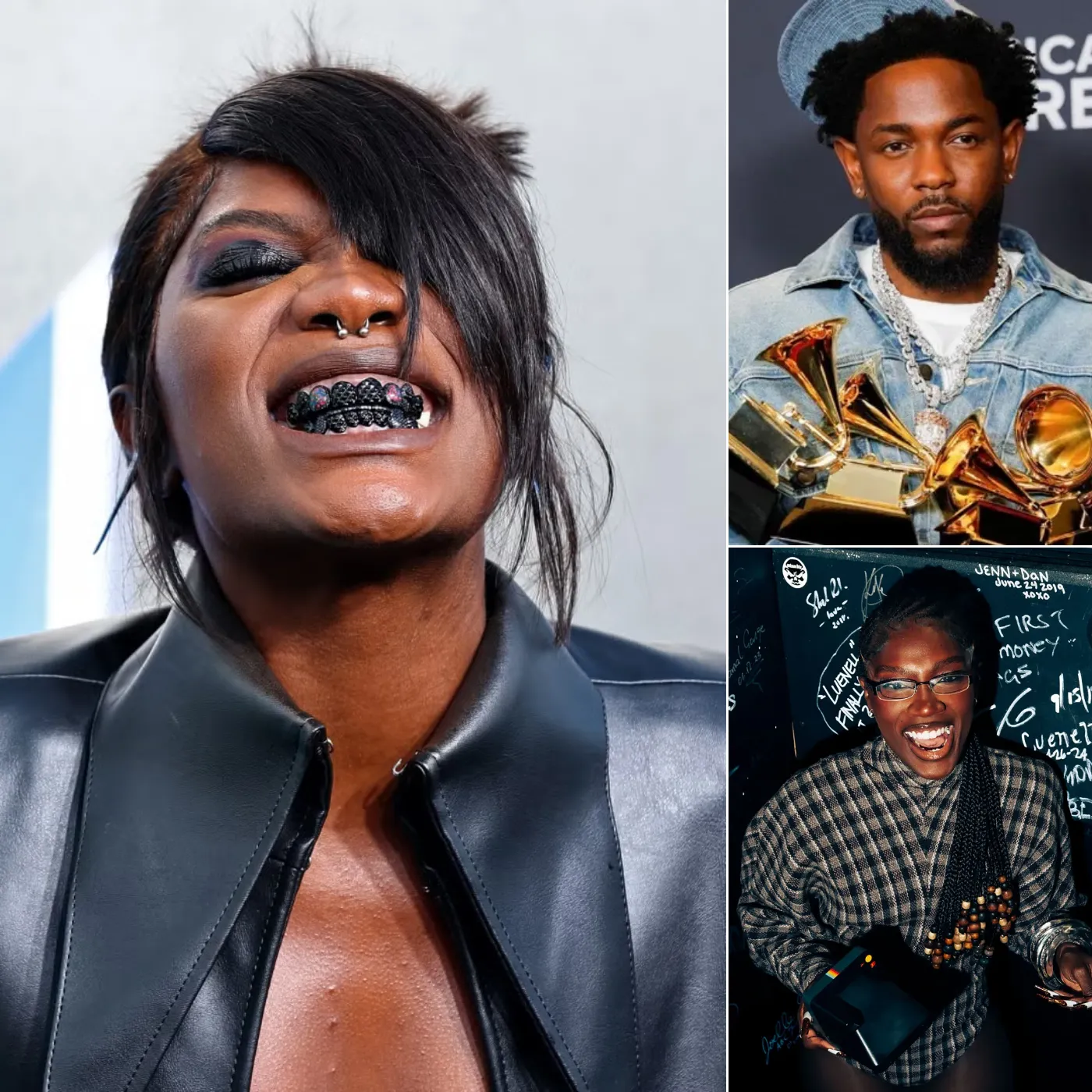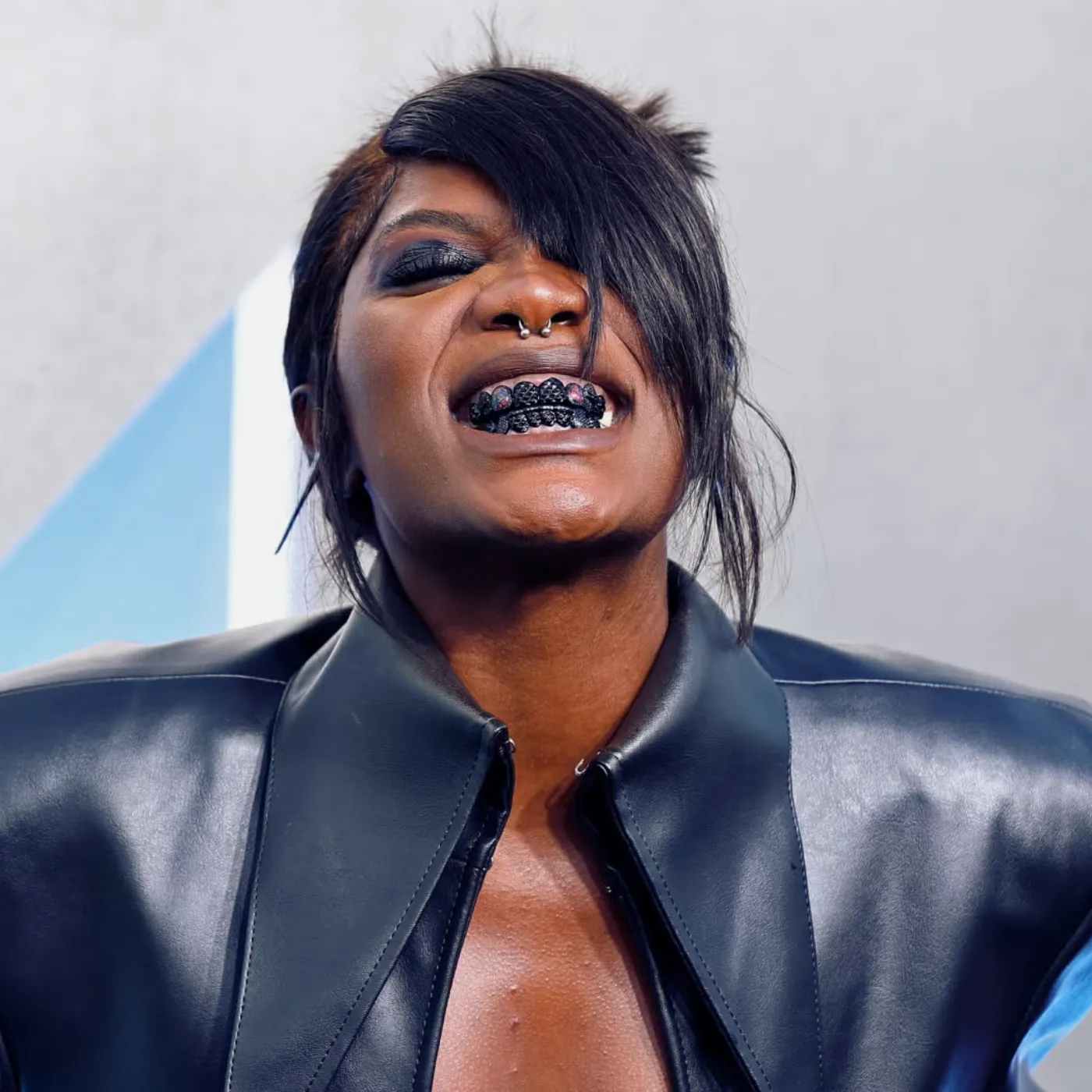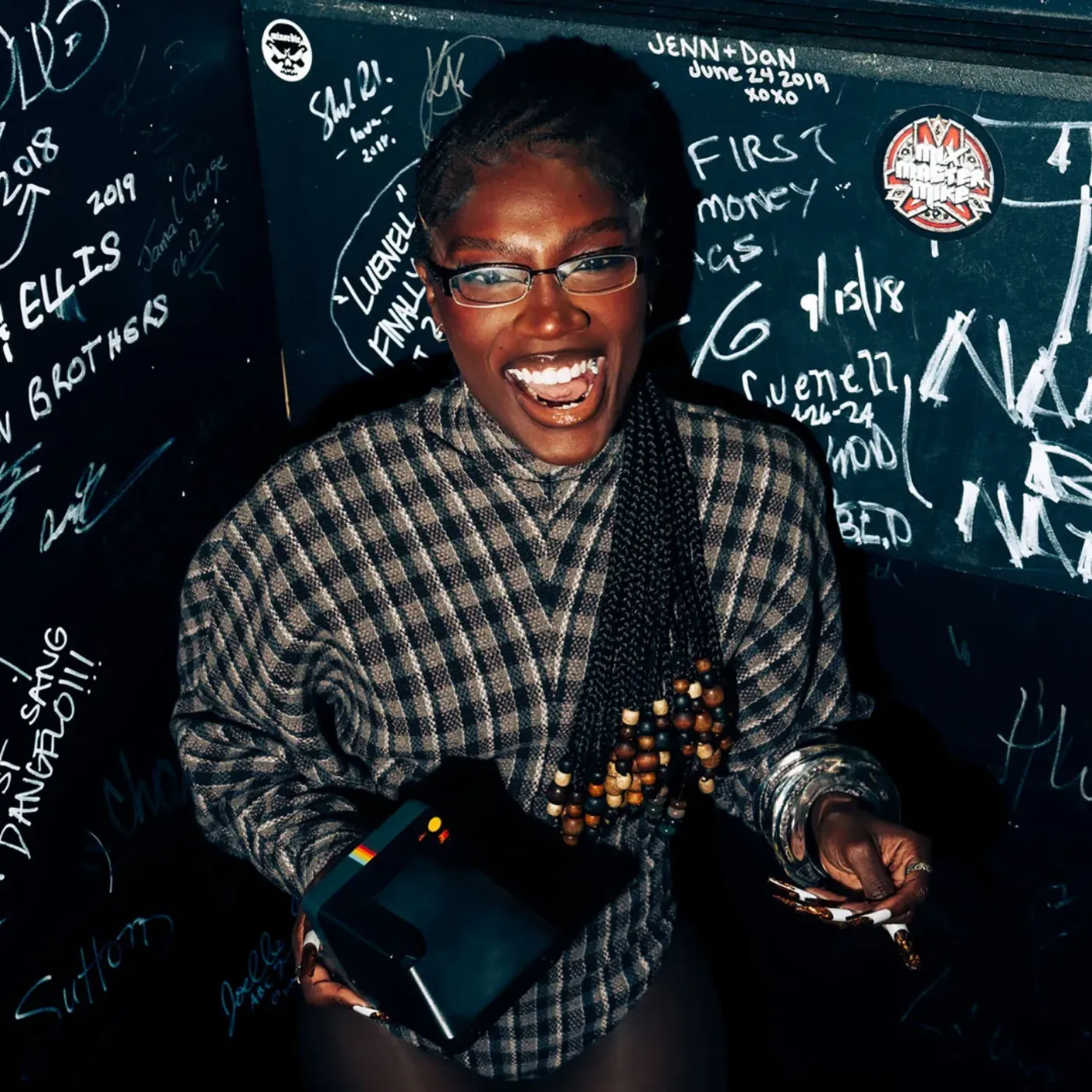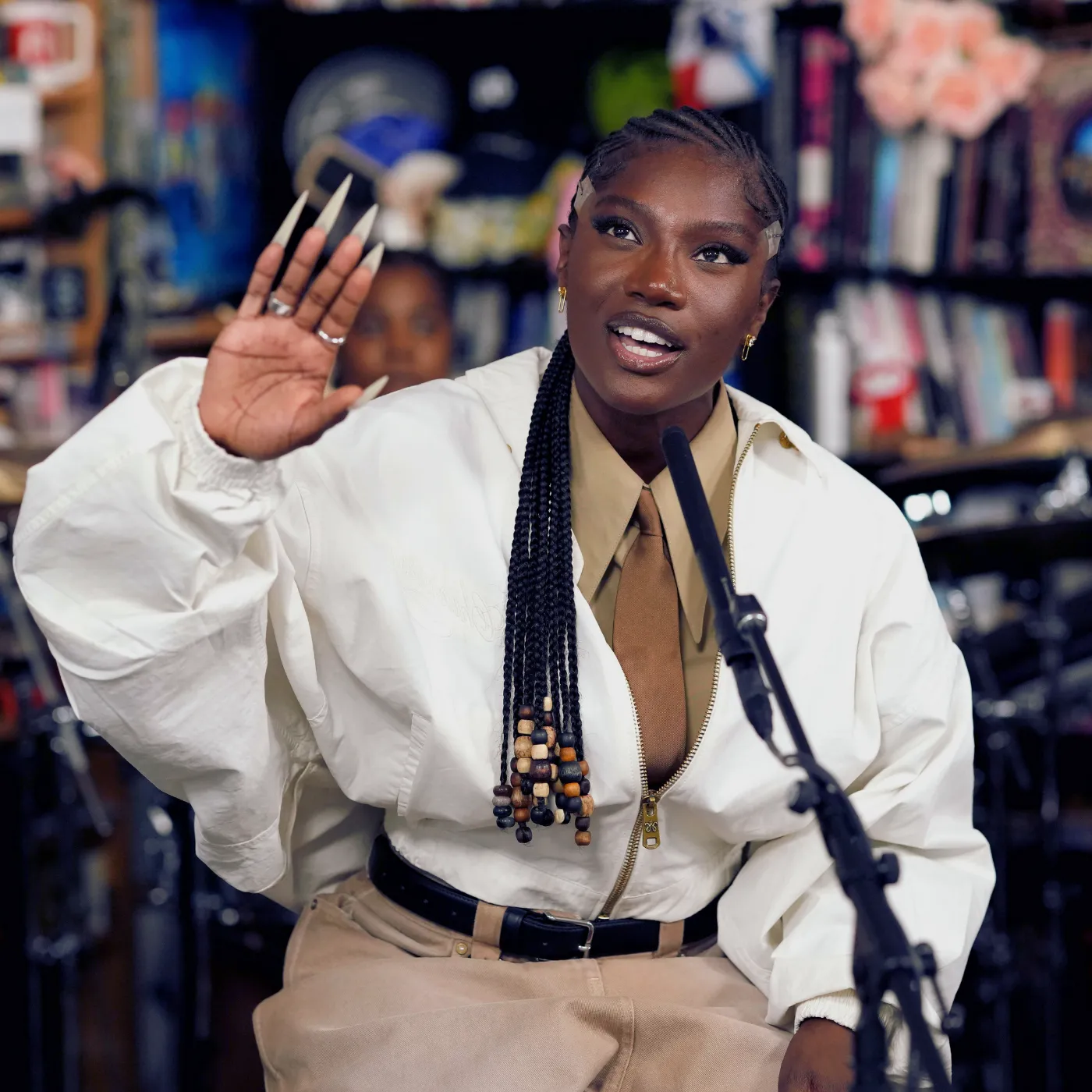

Doechii and Kendrick Lamar Expose the Hypocrisy Behind Rap’s Critics
Hip-hop has long been scrutinized by mainstream audiences and critics who fail to see its depth beyond the beats and rhymes. However, artists like Kendrick Lamar and Doechii are pushing back against outdated stereotypes, boldly asserting that hip-hop is, in fact, an intellectual and deeply artistic expression. As one of the most promising new voices in the industry, Doechii has emerged as a fierce advocate for the genre’s literary and cultural significance, reinforcing the arguments that Kendrick Lamar has passionately made throughout his career. Now, the question arises: Why does hip-hop still have to fight for intellectual recognition? And how does Doechii’s stance reinforce the movement that Kendrick has been leading for years?

Kendrick Lamar’s Intellectual Legacy in Hip-Hop
Few rappers have solidified hip-hop’s status as an intellectual powerhouse like Kendrick Lamar. From his Pulitzer Prize-winning album DAMN. to the socially charged narratives in To Pimp a Butterfly, Kendrick has consistently demonstrated that rap is not just music—it is literature, poetry, and philosophy combined. His ability to weave historical references, socio-political critiques, and personal struggles into his music has forced even the harshest skeptics to reconsider hip-hop’s place in the artistic hierarchy.

Lamar has repeatedly addressed the academic undervaluation of hip-hop, calling out how institutions often dismiss rap music while celebrating other forms of poetry and storytelling. In interviews and lyrics, he has challenged the notion that hip-hop lacks depth, urging listeners to recognize the complex wordplay, layered metaphors, and socio-political commentary embedded in the genre.

But he isn’t the only one carrying this torch. A new wave of artists is taking up the mantle, with Doechii emerging as one of the fiercest defenders of hip-hop’s intellectual power.
Doechii: A New Generation’s Voice for Hip-Hop’s Depth
Doechii, a rising star in the hip-hop scene, has made it clear that she views rap as a powerful and intellectual art form that deserves serious respect. Her music—a fusion of sharp lyricism, experimental sounds, and raw storytelling—embodies the kind of depth that Kendrick Lamar has long championed.
Much like Lamar, Doechii has refused to conform to industry expectations that often pressure female rappers to prioritize image over substance. Instead, she uses her platform to explore themes of identity, mental health, systemic oppression, and artistic freedom—proving that hip-hop can be just as nuanced and thought-provoking as any other celebrated literary or musical genre.
Recently, Doechii has spoken out about the double standards that hip-hop faces, pointing out that other genres—whether rock, folk, or jazz—are rarely forced to defend their intellectual value. She argues that the dismissal of hip-hop as a legitimate art form is rooted in racial and cultural biases, an argument that scholars and artists have echoed for decades.
Why Is Hip-Hop Still Fighting for Legitimacy?
Despite hip-hop’s global influence, it continues to face an uphill battle for academic and artistic recognition. The genre, which originated as a form of self-expression for marginalized communities, has challenged societal norms, exposed systemic injustices, and provided a voice to the voiceless. Yet, many still see it as a form of entertainment rather than a serious cultural movement.
This bias is evident in the way mainstream institutions treat rap compared to other genres:
Pulitzer Prize Recognition Was a Shock: When Kendrick Lamar won the Pulitzer Prize for DAMN., many were surprised that a rap album was being acknowledged in a space traditionally reserved for classical and jazz music. The fact that this was considered a “groundbreaking moment” only highlights how much resistance hip-hop has faced in gaining credibility.
Academic Exclusion: While universities study Shakespeare, classical poets, and even rock lyrics, hip-hop has only recently started being included in academic curricula, despite being one of the most complex and culturally significant forms of modern poetry.
Media Double Standards: Hip-hop artists are often scrutinized for their lyrical content, while rock and pop musicians who explore similar themes of rebellion, drug use, or violence are rarely subjected to the same criticism.
These prejudices are exactly why voices like Doechii’s are so important. She is not just an artist; she is a cultural commentator, pushing back against these outdated perspectives and demanding that hip-hop gets the recognition it deserves.
The Role of Artists in Changing Perceptions
Artists like Kendrick Lamar and Doechii play a crucial role in shifting the narrative around hip-hop. Through their music, interviews, and public statements, they are forcing audiences, critics, and institutions to reconsider their biases.
Doechii, in particular, represents the future of this fight. As a female rapper in an industry that already underestimates and oversexualizes women, she has the additional challenge of proving her intellectual depth. But rather than conform, she has leaned into it—creating music that is fearless, unpredictable, and deeply introspective.
In a recent interview, Doechii discussed how she sees hip-hop as a literary art form, comparing its lyrical complexity to that of classic poets. She also pointed out that rap often incorporates elements of philosophy, history, and political theory—yet it is still disregarded by institutions that claim to value intellectual expression.
What This Means for the Future of Hip-Hop
If artists like Kendrick Lamar, Doechii, and others continue to push back against outdated views, the next decade could see a major shift in how hip-hop is perceived. Some positive signs are already emerging:
More academic institutions are offering hip-hop courses, analyzing lyrics in the same way they analyze classical poetry.
Rap is gaining more recognition in highbrow literary spaces, with books and essays being published on its impact.
Mainstream award shows are beginning to acknowledge the artistic and intellectual value of hip-hop albums rather than treating rap as a commercial genre.
However, the battle is far from over. Until hip-hop is treated with the same intellectual respect as other major art forms, artists like Doechii will need to continue speaking out and breaking down these barriers.
Doechii and Kendrick Lamar Are Leading a Revolution
The fight for hip-hop’s recognition as an intellectual art form is ongoing, but with artists like Doechii and Kendrick Lamar at the forefront, the conversation is evolving. Their commitment to challenging perceptions, elevating lyrical storytelling, and exposing bias in the music industry is paving the way for future generations.
As hip-hop continues to shape global culture, influence social movements, and redefine modern poetry, the question is no longer whether it is an intellectual art form—but rather, why it took so long for the world to acknowledge it.


















